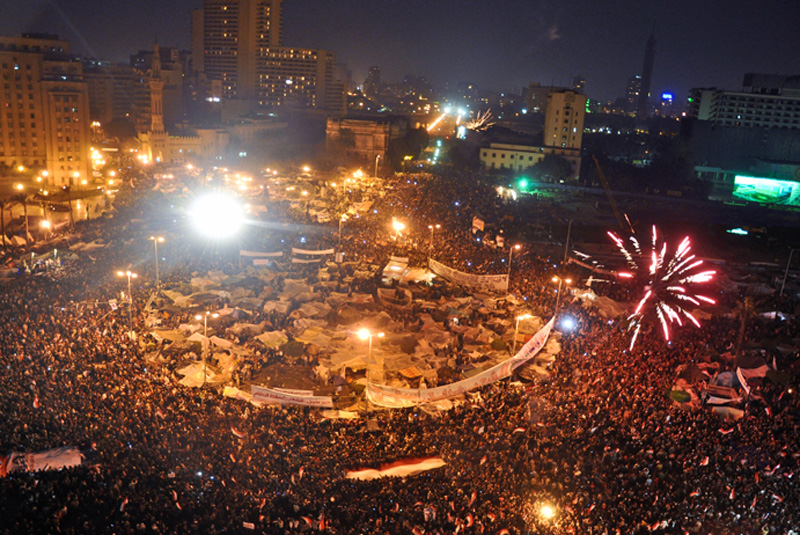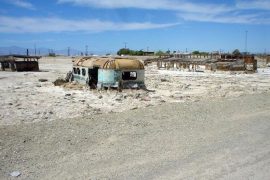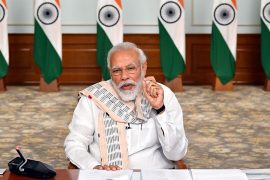On 14 February 2011, President Hosni Mubarak of Egypt fell from power. As Egyptians came together in the Tahrir Square, Cairo, they demanded an end to his thirty-year-old despotic rule, based on rigged elections and abridgement of human rights.
Many of us recalled the immortal lines of William Wordsworth, 19, in Paris in 1790 witnessing the French Revolution:
Bliss was it in that dawn to be alive,
But to be young was very Heaven!
Alas, our hopes were dupes; Egypt’s ‘Deep State,’ led by the military that has ruled Egypt since the 1952 Revolution, stopped and reversed the move towards democracy. On 3 July 2013, following an agitation funded and supported by Saudi Arabia and the U.A.E. – alarmed at the possibility of democracy taking roots in the most populous Arab country – the ‘Deep State’ kidnapped Mohammed Morsi, the only democratically elected President of Egypt belonging to the Muslim Brotherhood.
That was the time when most scholars in the West, and their obedient followers in the academia in the rest of the world, confidently asserted that the Arab Spring was safely buried with the tombstone reading R.I.P. The chaos and civil war in Libya, following the culpable NATO military intervention in 2011, and the daylight murder of Gaddafi; the civil war in Syria rendering millions homeless and killing tens of thousands; and the stalled movement towards democracy in Yemen in 2013-2014, reinforced the impression that the remaining dictators, crowned or uncrowned, were safe.
-30-
Copyright©Madras Courier, All Rights Reserved. You may share using our article tools. Please don't cut articles from madrascourier.com and redistribute by email, post to the web, mobile phone or social media.Please send in your feed back and comments to [email protected]











